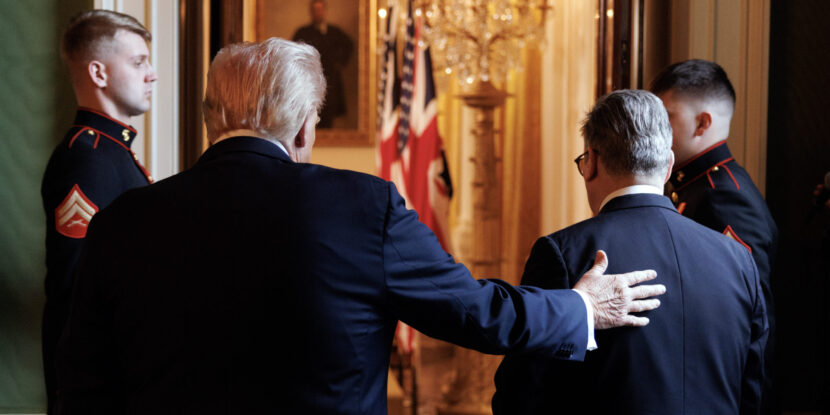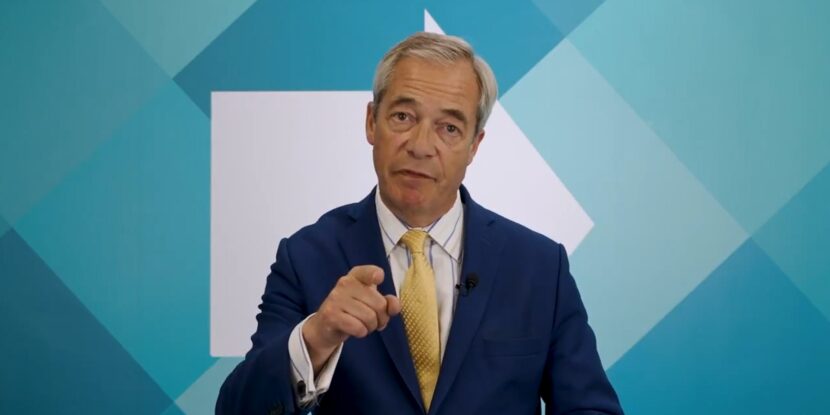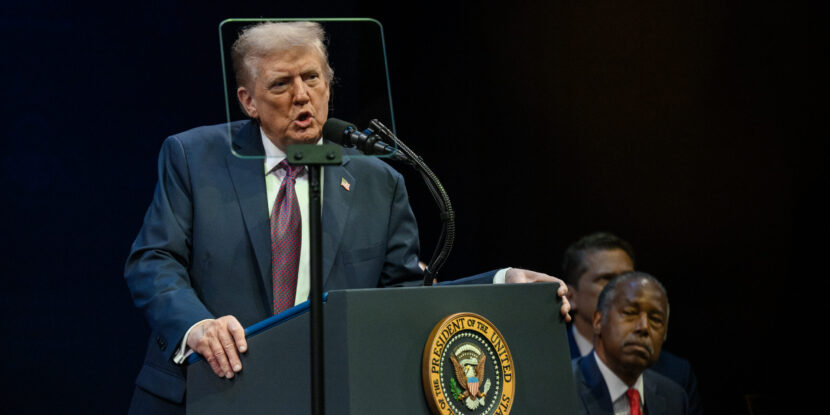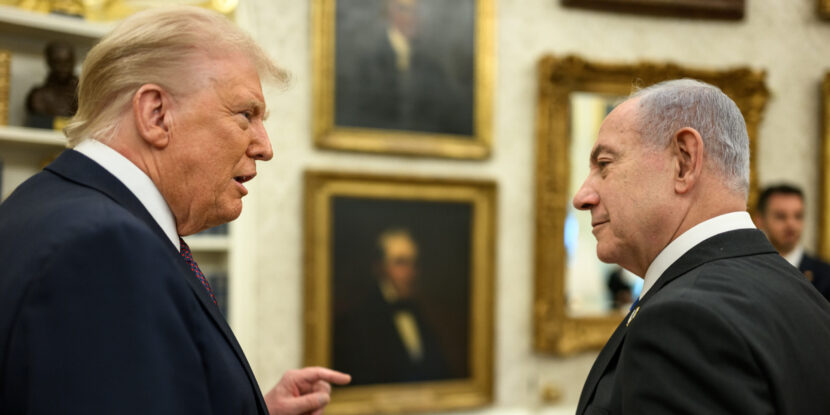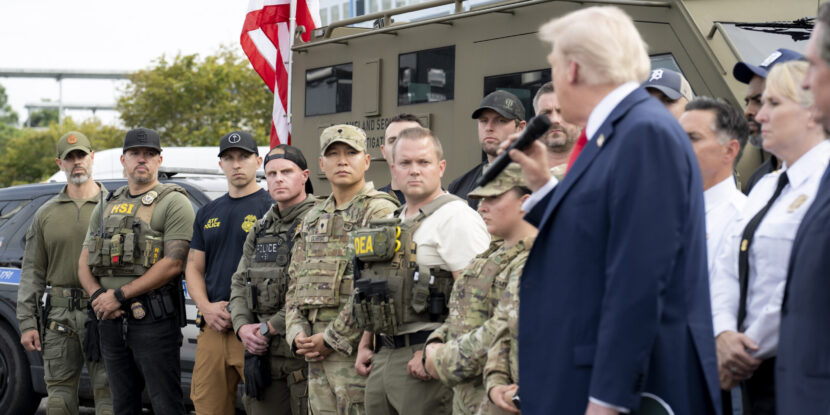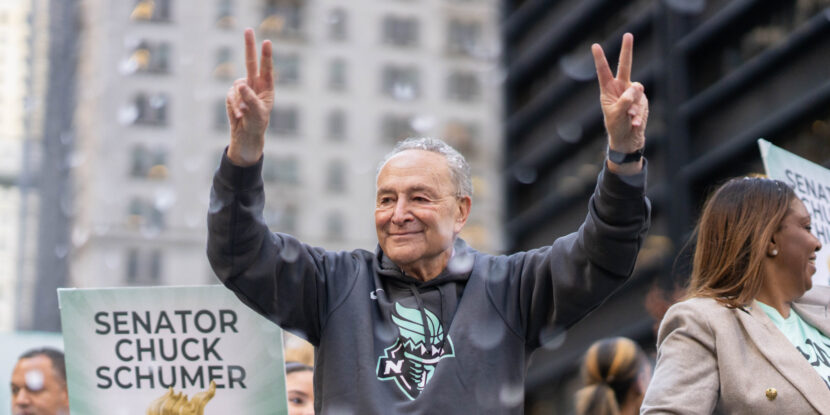PULSE POINTS:
❓What Happened: The United States and the United Kingdom are poised to sign a bilateral trade agreement this week.
👥 Who’s Involved: President Donald J. Trump, Prime Minister Sir Keir Starmer, the United States, the United Kingdom, India, and China.
📍 Where & When: In Washington, D.C., with the likely signing occurring the week of May 5, 2025.
💬 Key Quote: U.S. Treasury Secretary Scott Bessent testified before Congress on Tuesday that the trade deal could be announced “perhaps as early as this week.”
⚠️ Impact: The trade deal will increase pressure on the European Union (EU) to come to the table, while further restricting China’s access to global markets.
IN FULL:
The United States and the United Kingdom are set to sign a bilateral trade deal this week, marking significant progress in President Donald J. Trump‘s efforts to renegotiate global trade and its impact on American workers. It is believed the deal is one of 17 being prioritized out of over 100 negotiations and will increase pressure on the European Union (EU) to reach an agreement as well.
Among the concessions being made by the British are reductions in their digital services tax aimed at multinational technology companies based in the United States. The Labour government, under Prime Minister Sir Keir Starmer, is also believed to be poised to cut its tariffs on American automobiles and steel imports and reduce trade duties on American agricultural goods.
Conversely, the United States—it is believed—has agreed to reduce its 25 percent tariff on British autos and steel, though the exact scale of the reduction is not yet public. However, the British government also says it will not adopt U.S. food production standards, meaning some U.S. agricultural exports, including hormone-treated beef and chicken, will still not be accepted in the British market.
U.S. Treasury Secretary Scott Bessent testified before Congress on Tuesday that the trade deal could be announced “perhaps as early as this week.” However, it is important to note that agreements over the pharmaceutical trade remain a contentious sticking point and could delay a final deal. Despite the pharmaceutical hang-up, the Labour government remains under intense pressure from its domestic auto industry to reach an accord with President Trump. British auto makers have warned that the impact of the Trump tariffs on their sales has been “severe, significant, and immediate.”
Earlier on Tuesday, the United Kingdom and India announced they had reached a free trade deal, giving credence to the speculation that a coalition of nations is forming with the aim of boxing in China regarding its access to the global economy and markets.
